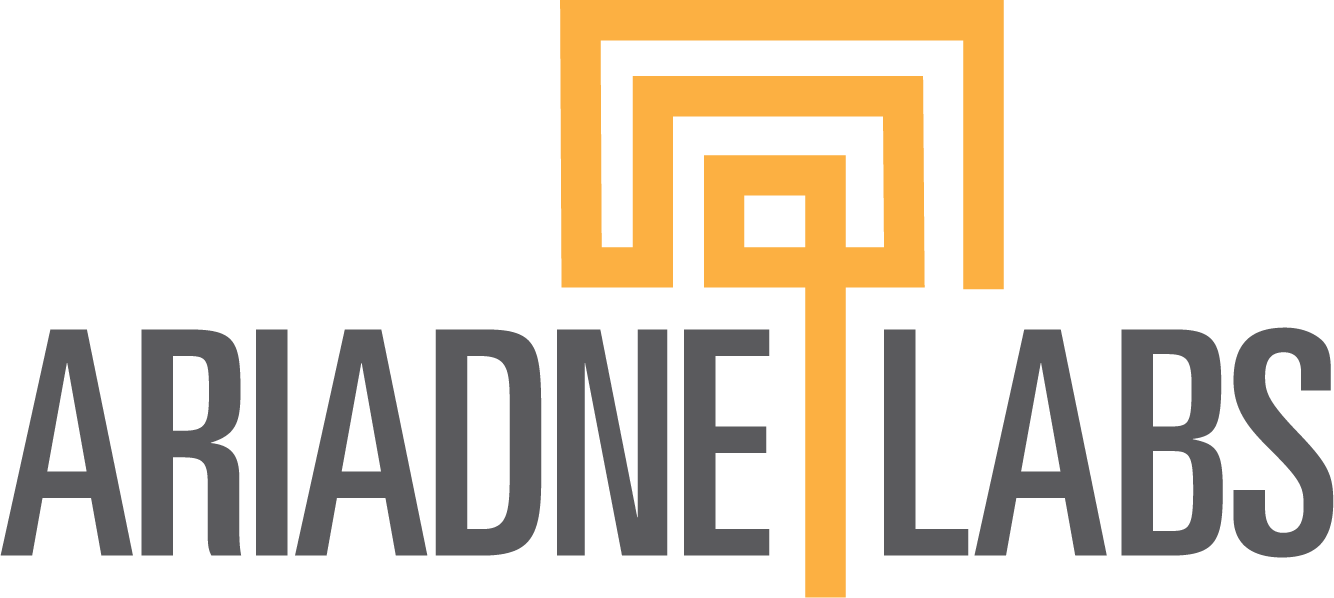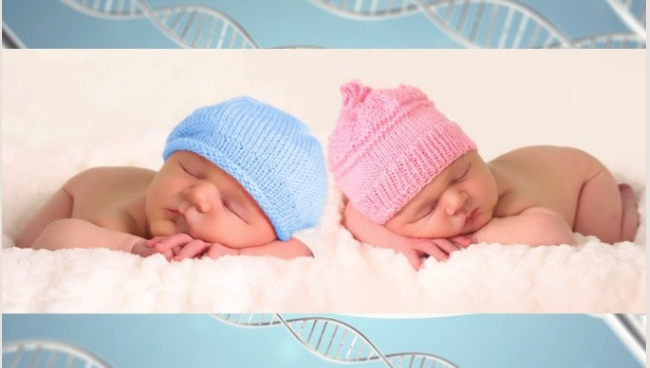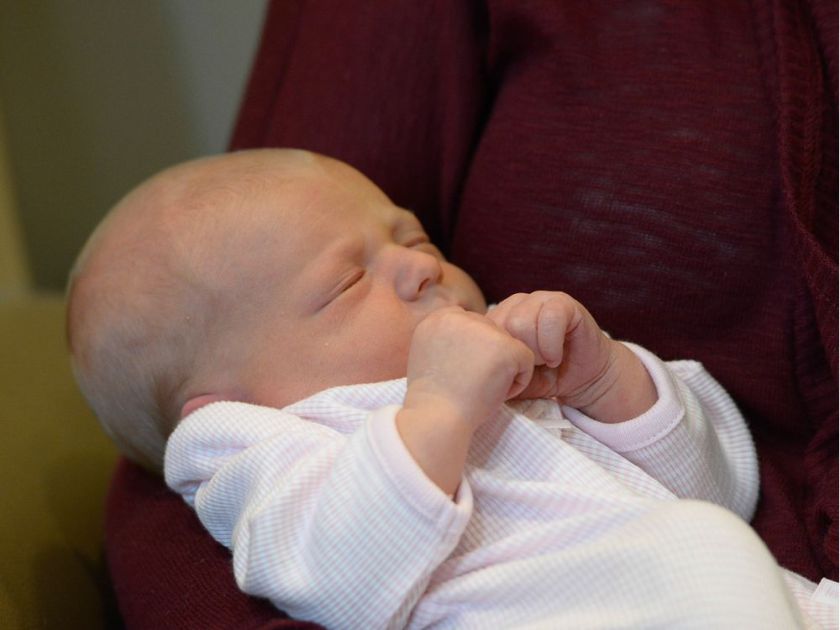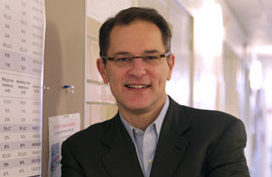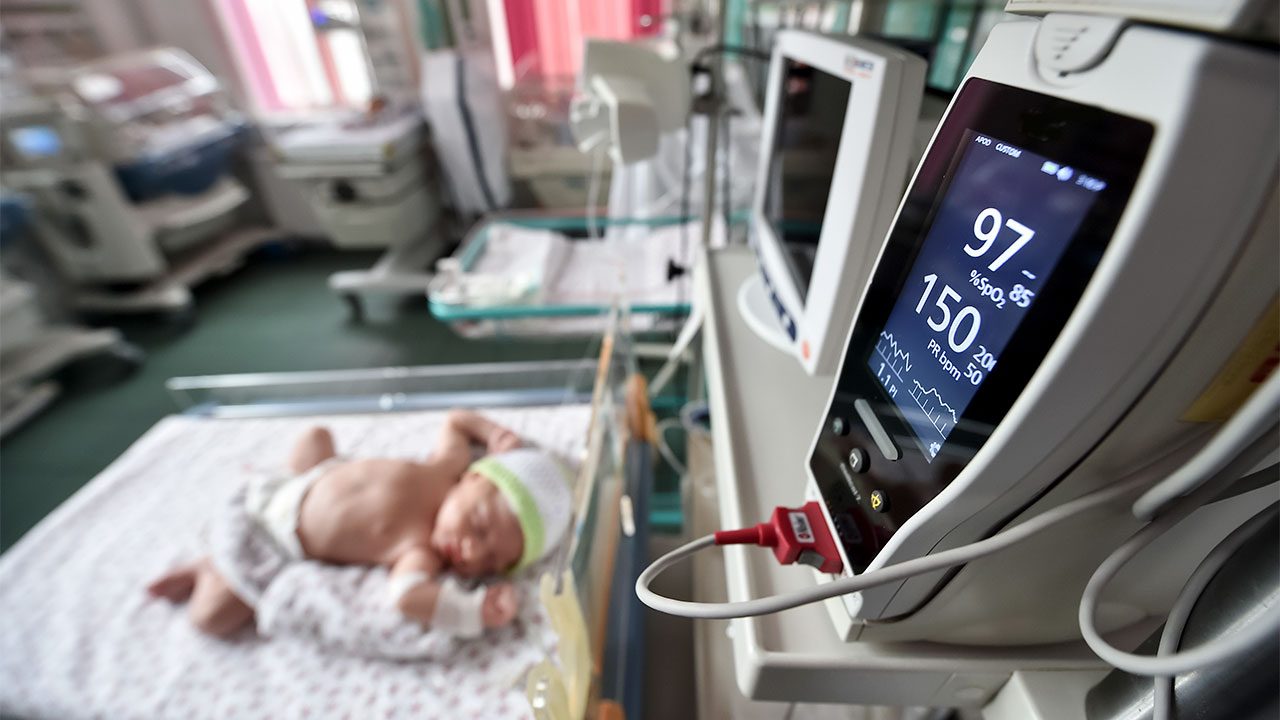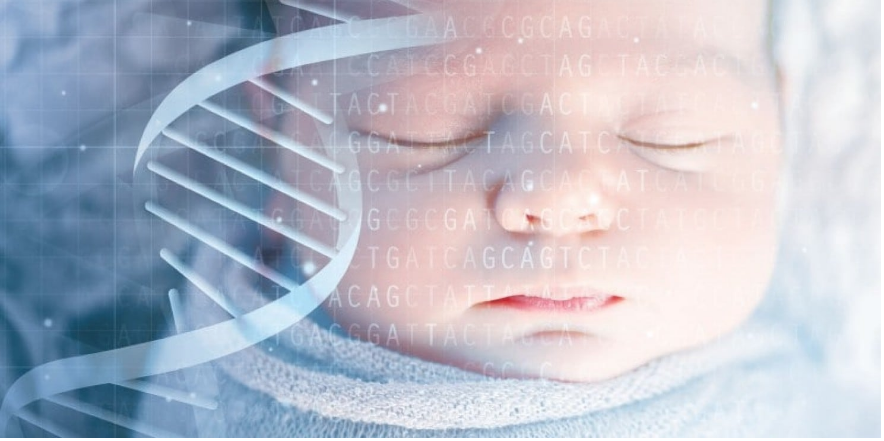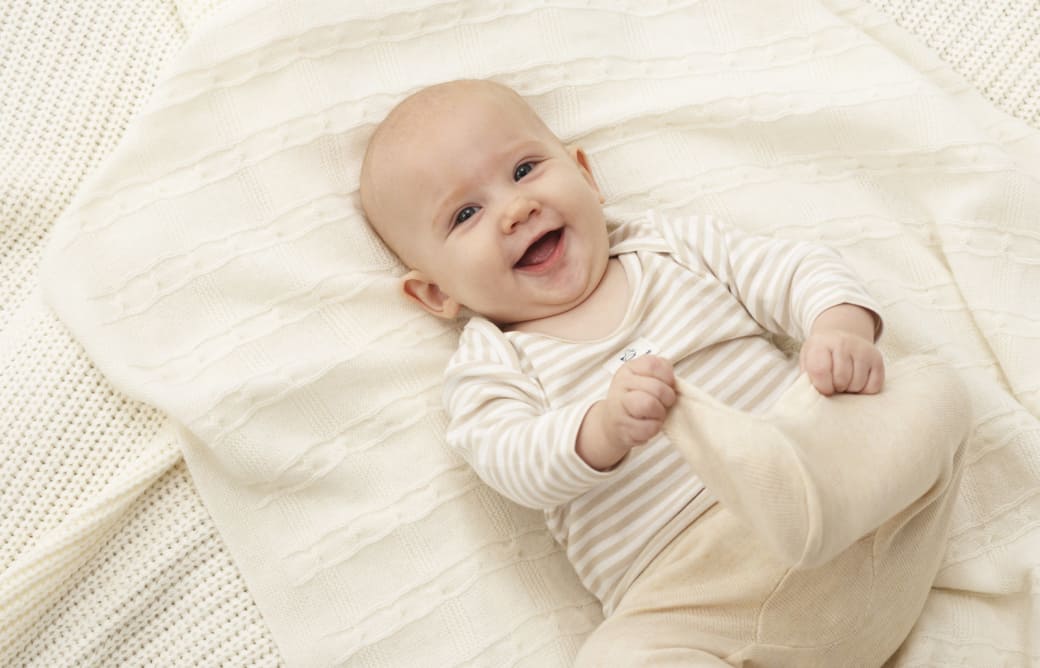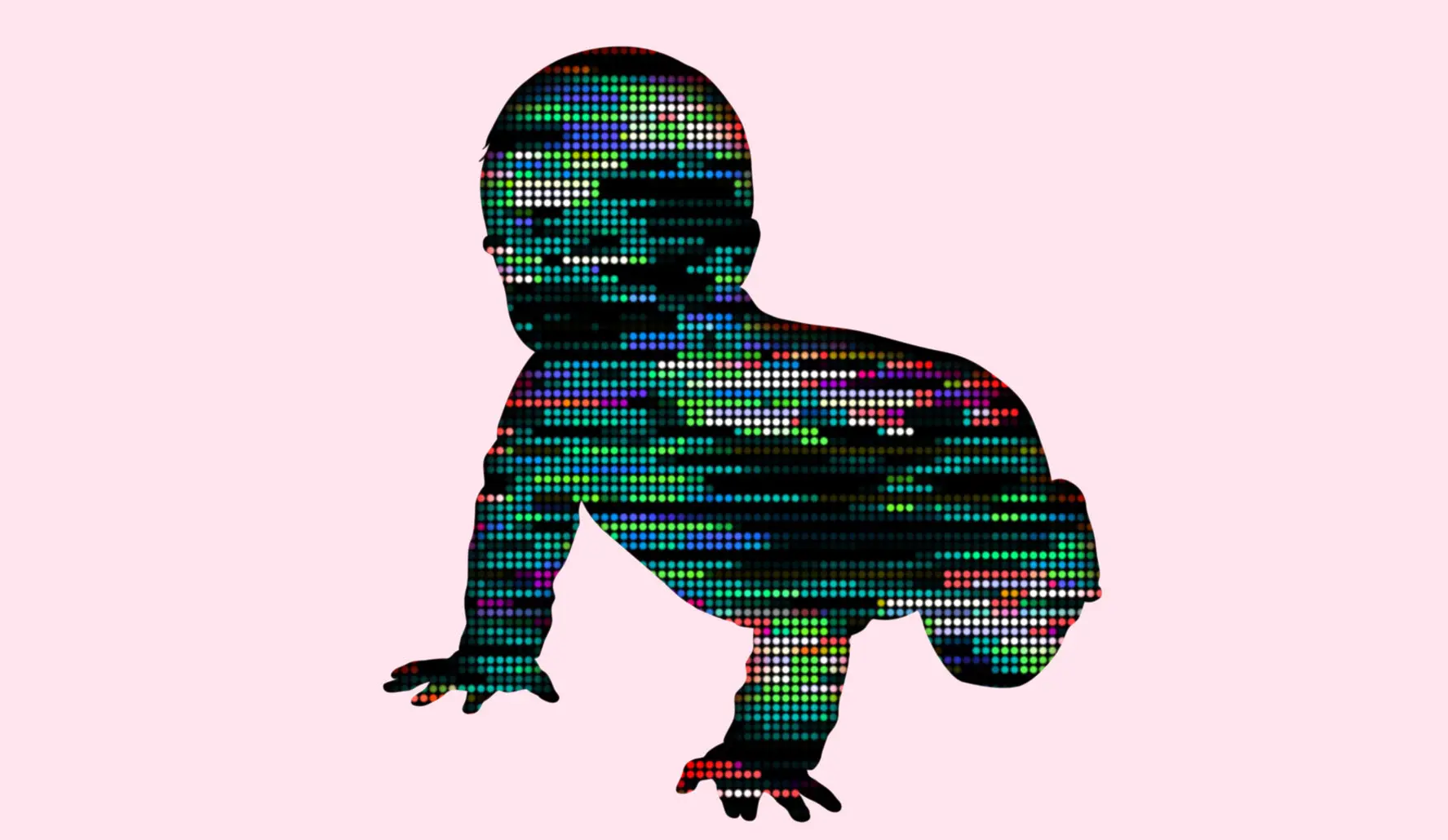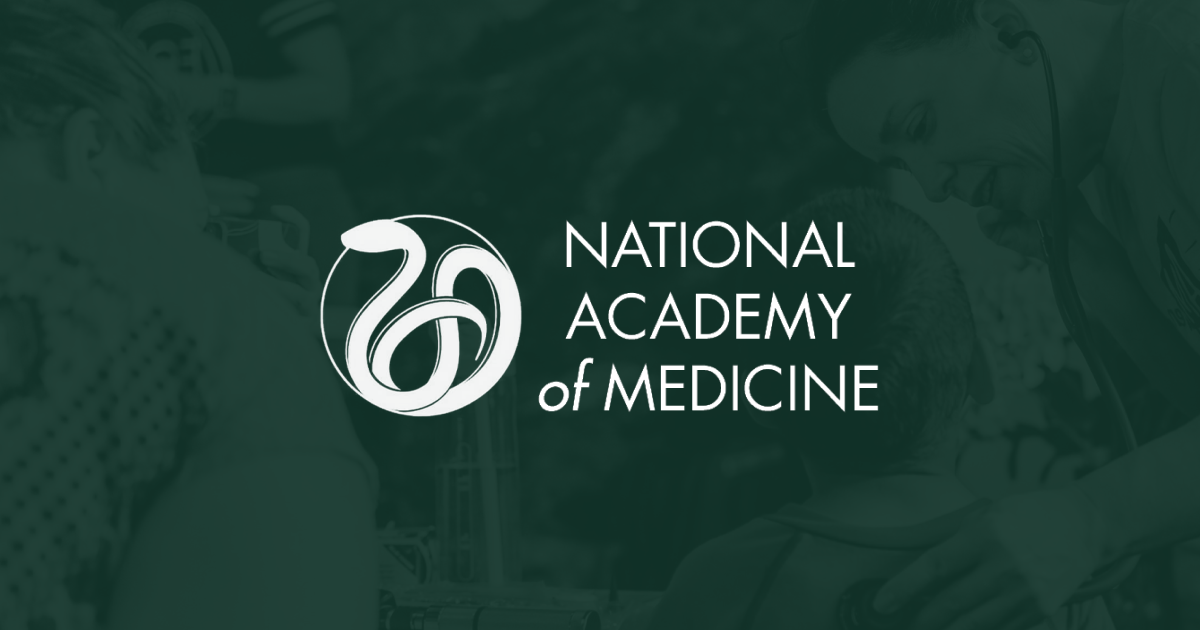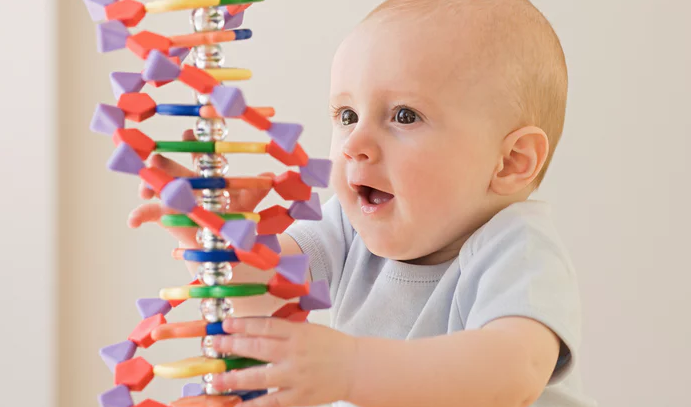
Many parents reluctant to test newborn DNA for disease risk
A family that had participated in the BabySeq project shares their experiences about getting their baby’s full genome test results back that showed a mutation in the elastin proteins (elastin helps heart muscles bend and stretch). The father of the baby states “.. I think the biggest regret would have been had something happened down … Continued




